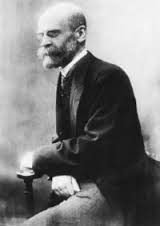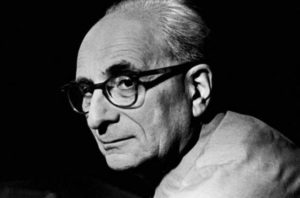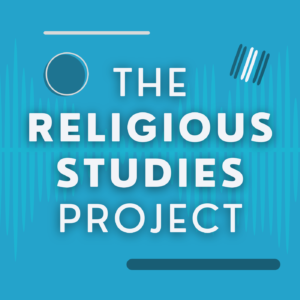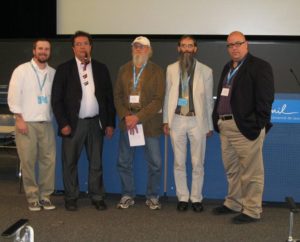
Emile Durkheim
“…a vital tradition of the study of religion is the Durkheimian intellectual tradition. Generally dismissed by many in the study of religion because of its supposedly narrow “sociological” bent, the school of scholarship represented by Émile Durkheim, Henri Hubert, Marcel Mauss, Louis Dumont, Roger Caillois, Georges Bataille and others is, …




